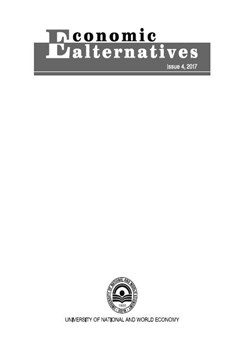The Collective Action of Think Tanks as a Driver for Reforms: The Case of the Russian Analytical Community
Authors: Andrei Yakovlev, Lev Freinkman, Anton Zolotov
Abstract
The article suggests that in Russia, despite the difficult political and operational environment, the economic think tank (TT) community could play a critical role in building up consensus for selecting the new country’s developmental model. This conclusion is based on the analysis of the current state of Russia’s TT sector and the identification of factors that account for its robustness and viability. This article argues that the ability of Russia’s TTs to act collectively has been a key factor for the sector’s sustainability. Furthermore it explores how this collective action emerged and has been sustained. The view is held that, in the case of Russian think tanks, the developmental logic is comparable to that of the formation of business associations in developing countries. The article relies on the results of two surveys of Russian think tanks. Russia’s case study illustrates a broader conclusion that the self-organization of independent economic analysts yields broader public benefits by reducing the costs of consensus building.

